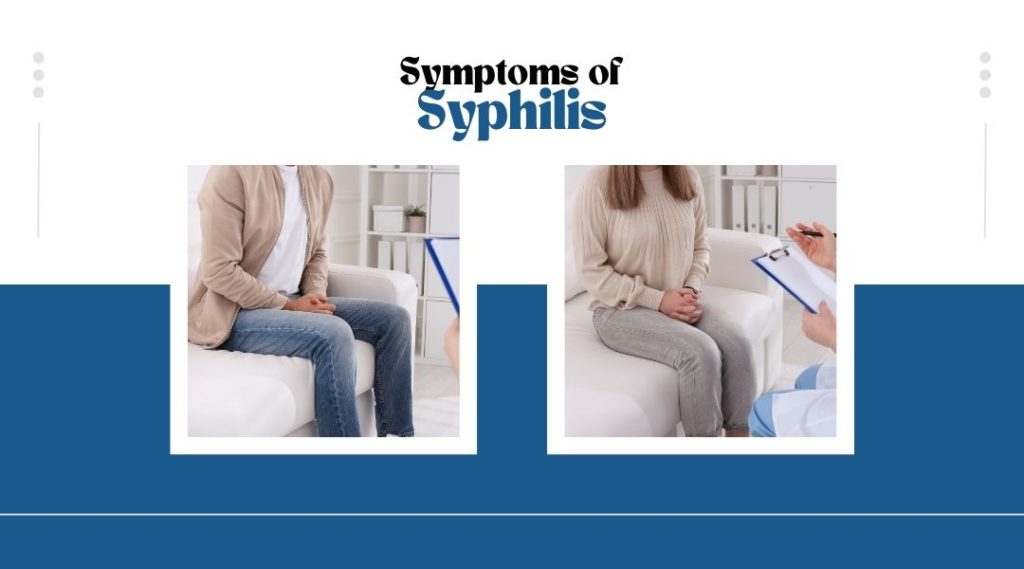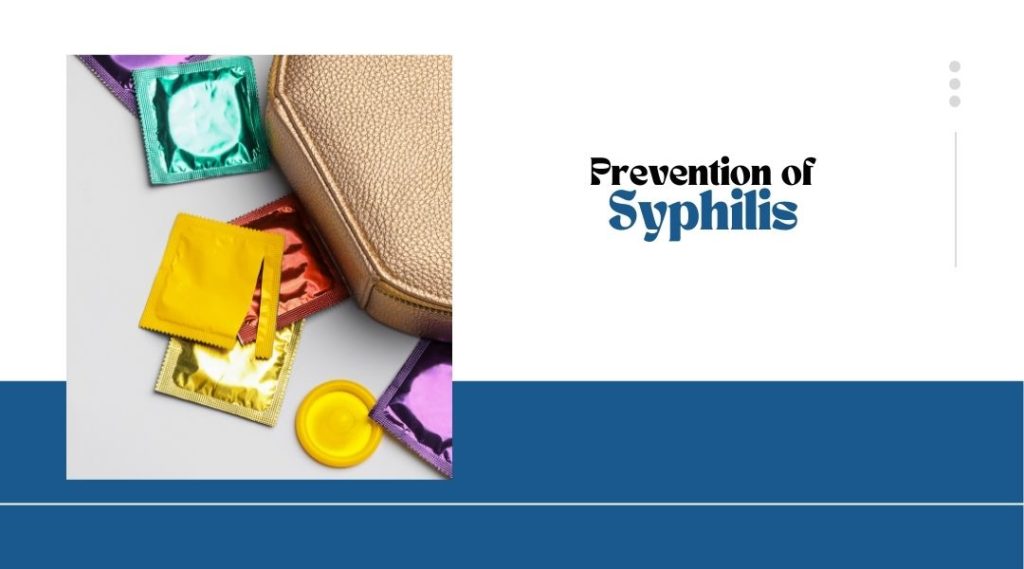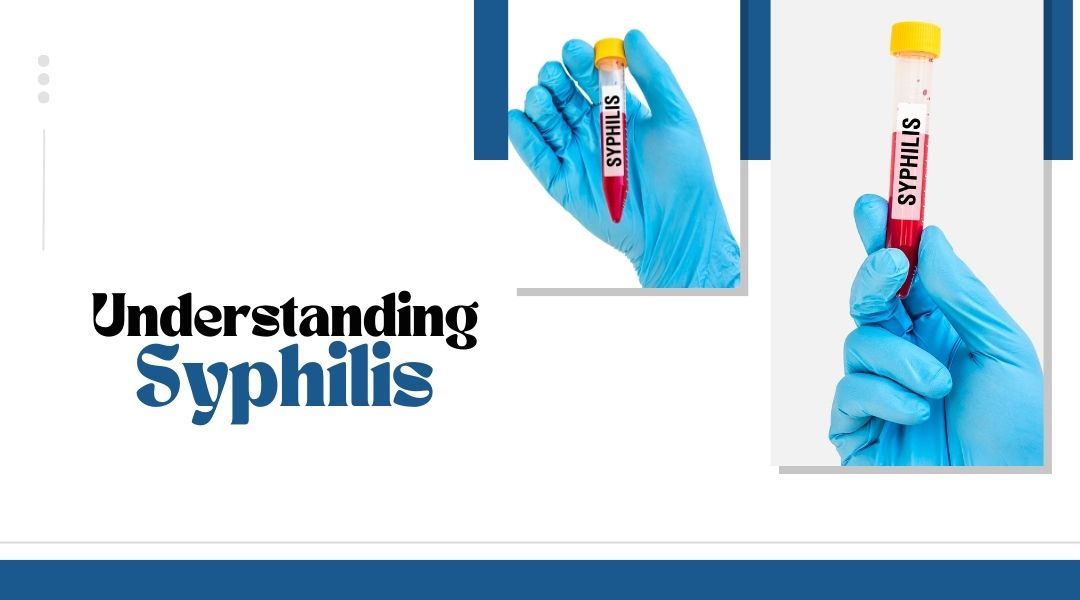Understanding Syphilis
Syphilis is a sexually transmitted infection (STI) caused by the bacterium Treponema pallidum. It has been a significant public health concern for centuries, with its prevalence fluctuating over time. Although the number of reported cases has decreased in recent years, syphilis remains a global health issue, affecting individuals of all genders and sexual orientations.
This article aims to provide comprehensive information about syphilis, including its causes, symptoms, treatment, and prevention. By raising awareness and promoting education on this STI, we can empower individuals to make informed decisions about their sexual health and contribute to its eradication.
Causes of Syphilis
Syphilis is primarily transmitted through sexual contact, including vaginal, anal, and oral sex. The infection can also be transmitted from an infected pregnant woman to her unborn child, known as congenital syphilis. The bacterium Treponema pallidum is fragile and cannot survive outside the human body for long periods, making direct contact necessary for transmission.
Symptoms of Syphilis

Syphilis progresses in stages, each presenting with distinct symptoms. However, it is important to note that some individuals may remain asymptomatic for extended periods, contributing to the spread of the infection. The stages of syphilis are as follows
Primary Syphilis
The initial stage begins with the appearance of a painless sore, known as a chancre, at the site of infection. The chancre typically appears 10 to 90 days after exposure and lasts for 3 to 6 weeks.
Secondary Syphilis
If left untreated, syphilis progresses to the secondary stage. Symptoms may include a rash, fever, fatigue, sore throat, swollen lymph nodes, and muscle aches. These symptoms often resolve within a few weeks but can recur intermittently over several months.
Latent and Tertiary Syphilis
If syphilis remains untreated, it progresses to the latent stage, where no visible symptoms are present. However, the infection can persist in the body for years. In some cases, it may progress to tertiary syphilis, which can cause severe complications, such as cardiovascular damage, neurosyphilis (involving the nervous system), and gummatous syphilis (characterized by soft, tumor-like growths).
However, Individuals diagnosed with syphilis should also undergo HIV testing, as co-infection is common.
Treatment of Syphilis
Syphilis is treatable with antibiotics, typically penicillin or its derivatives. The choice of medication and dosage depends on the stage of the infection and the individual’s medical history, including any allergies to antibiotics. It is crucial to complete the entire course of antibiotics as prescribed by a healthcare professional to ensure effective treatment.
Prevention of Syphilis

Preventing syphilis primarily involves practicing Safe sex and taking proactive measures to reduce the risk of transmission. Here are some preventive measures individuals can take
- Consistent and Correct Condom Use: Using condoms consistently and correctly during sexual activity can significantly reduce the risk of syphilis transmission.
- Regular Testing: Undergoing regular STI testing, especially if engaging in high-risk sexual behaviors or having multiple sexual partners, is essential. Early detection allows for prompt treatment and prevents further transmission.
- Partner Communication: Open and honest communication with sexual partners about STI testing, sexual history, and potential risks can help make informed decisions and reduce the risk of syphilis transmission.
- Routine Prenatal Care: Pregnant women should receive regular prenatal care to screen for syphilis and other STIs. Early detection and treatment can prevent congenital syphilis in newborns.
Syphilis is a persistent public health concern, with its impact extending across communities and countries. Understanding the causes, symptoms, treatment, and prevention methods is crucial to combating this sexually transmitted infection. By promoting education, raising awareness, and advocating for regular testing and safe sexual practices, we can work towards eradicating syphilis and safeguarding the well-being of individuals worldwide. Remember, knowledge is power when it comes to protecting your sexual health and the health of others.

